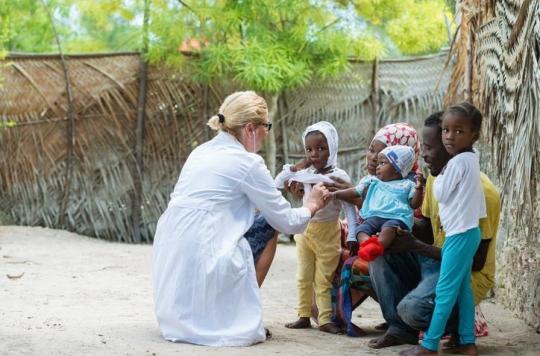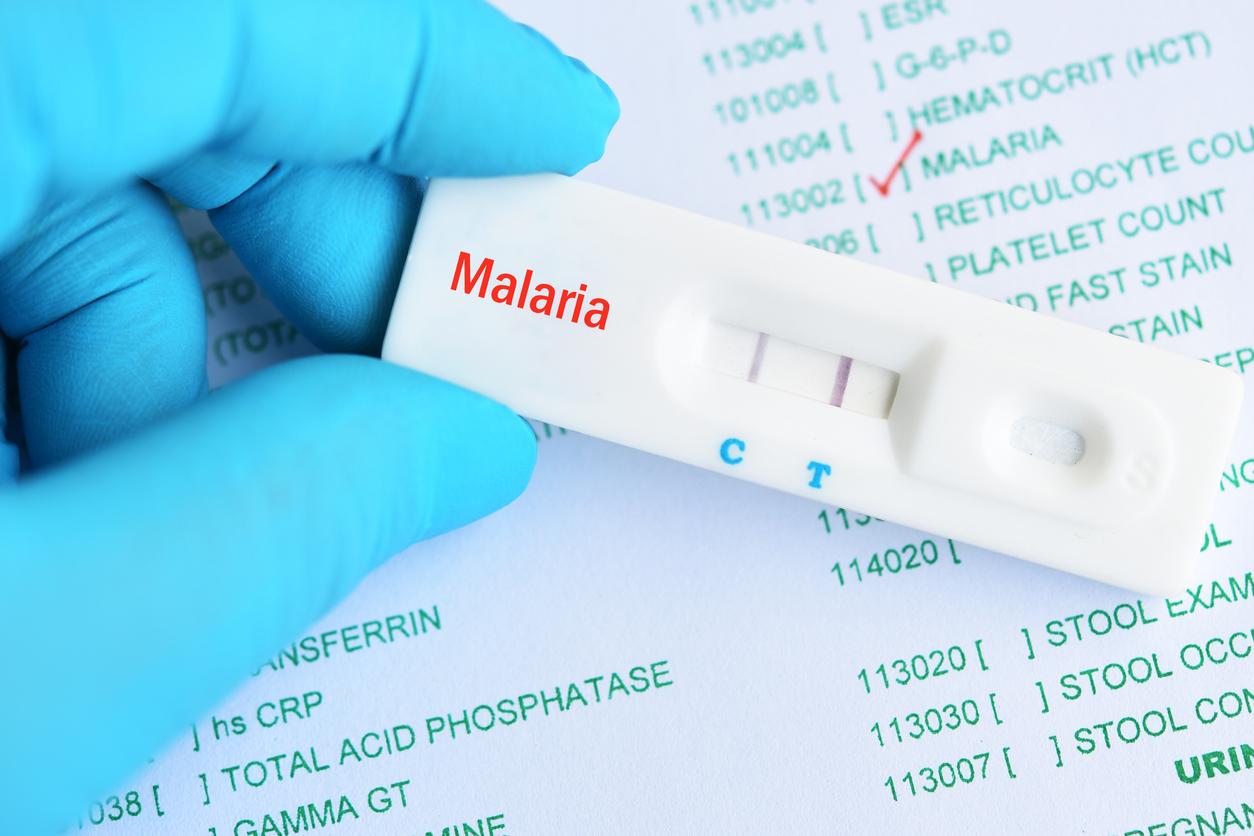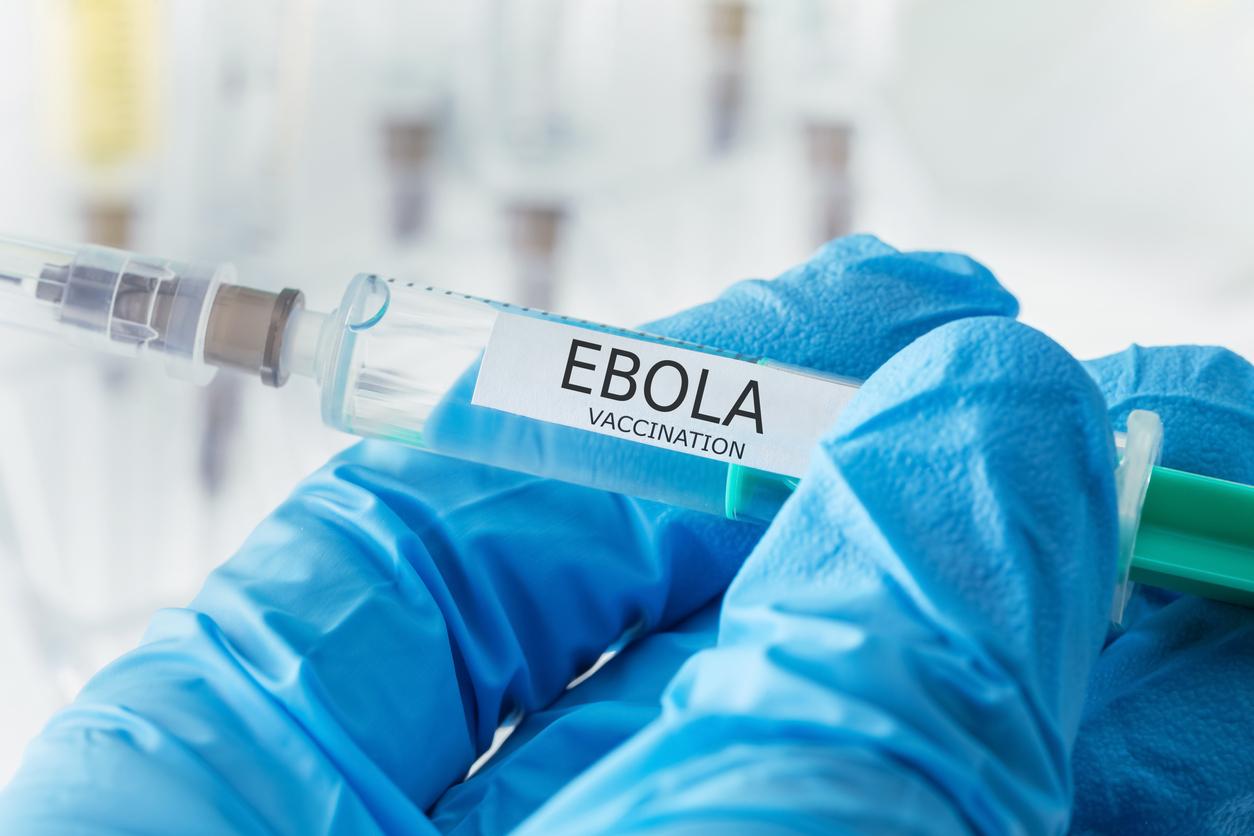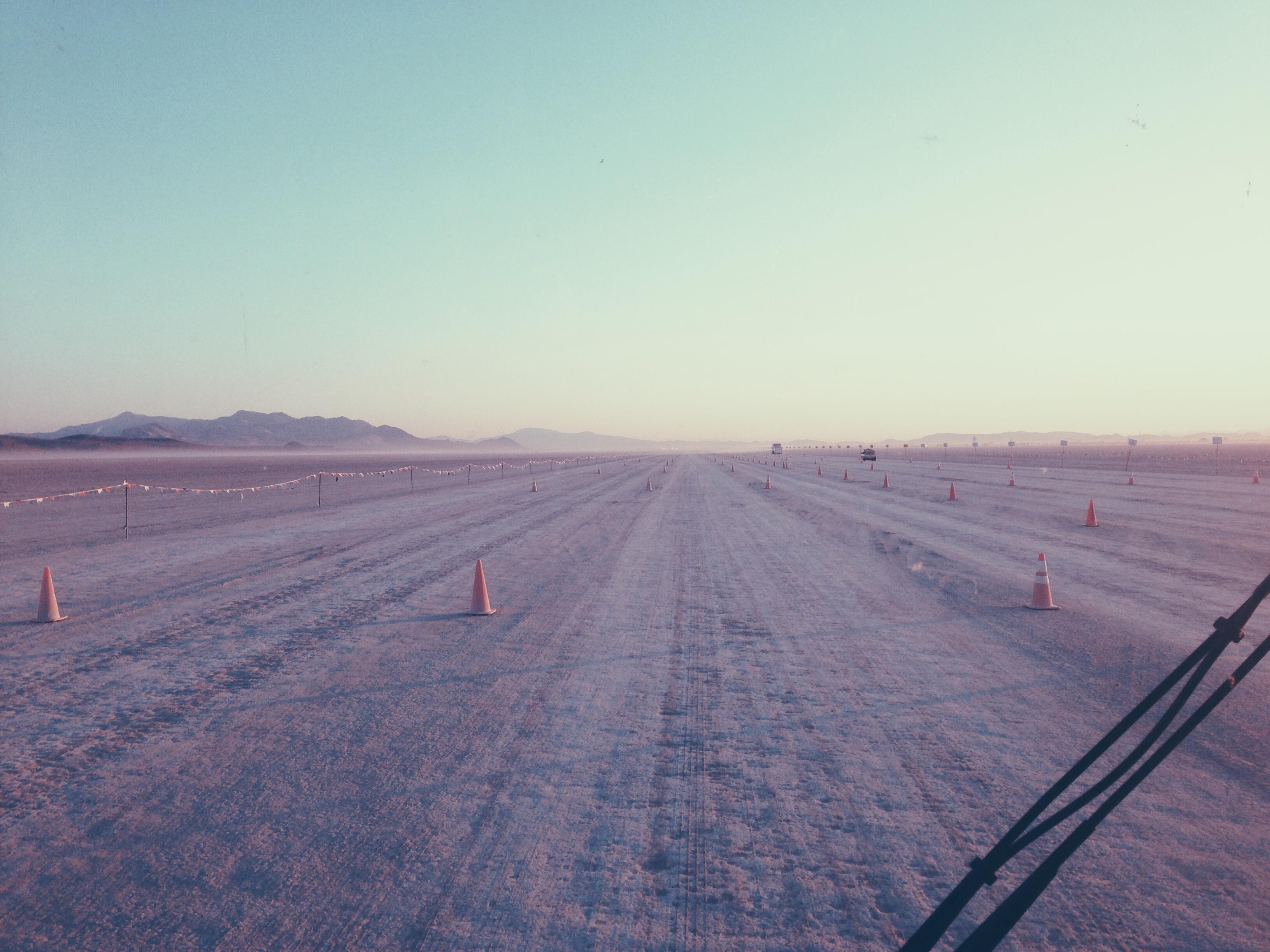While a new Ebola epidemic has hit the Democratic Republic of the Congo for several weeks, local elected officials are trying to fight witchcraft. The beliefs of the inhabitants become a brake on the eradication of the epidemic.

Health care teams are scrambling in the Democratic Republic of the Congo to put an end to the Ebola epidemic which has hit the country for several weeks. According to a recent assessment, already 25 people have died from the disease. The World Health Organization (WHO), in its latest report, announced 45 cases detected in all, particularly in the northeast of the country. This makes border states fear of being contaminated in turn.
Ebola is not a bad luck
“Many villagers are convinced that this epidemic is caused by the witchcraft which befalls their villages […] To stop its spread, it is necessary to expel from the heads of the villagers that the Ebola virus disease is a bad curse cast on the villages “, develops the deputy Bavon N’Sa Mputu Elima, elected official of Bikoro, a town 600km north of Kinshasa, at Parisian. It is the city most affected, for the moment, by the epidemic. On the other hand, a case was also detected in a bigger city.
These beliefs come mainly from poverty, which still reigns in the Democratic Republic of the Congo. Faced with the disease, many turn to the churches, in the hope of a miracle … which does not facilitate the task of medical teams. Especially since they are also exposed to the risk of contamination.
An experimental vaccine soon to be distributed
From May 22, an experimental vaccine against Ebola will be deployed in the country. The situation is such that a first case of hemorrhagic fever was discovered in an urban area, in Mbandaka (1 million inhabitants), in the north-west of the country. “A new case (…) has been confirmed in Wangata, one of the three health zones in Mbandaka, a town of nearly 1.2 million inhabitants in Equateur province, in the north-west of the country. DRC“, said the World Health Organization.
It is in the face of the risk of spread to densely populated cities such as the capital Kinshasa (11.5 million inhabitants) that the authorities have given the green light to the World Health Organization (WHO) to ship the first doses. vaccine. “If a city of this size is affected by Ebola disease, there will be a significant urban focus, which will be a real challenge,” World Peter Salama, who heads emergency operations at WHO: “When Ebola spreads to urban areas, especially slums, it is extremely difficult to overcome the disease.”
.












